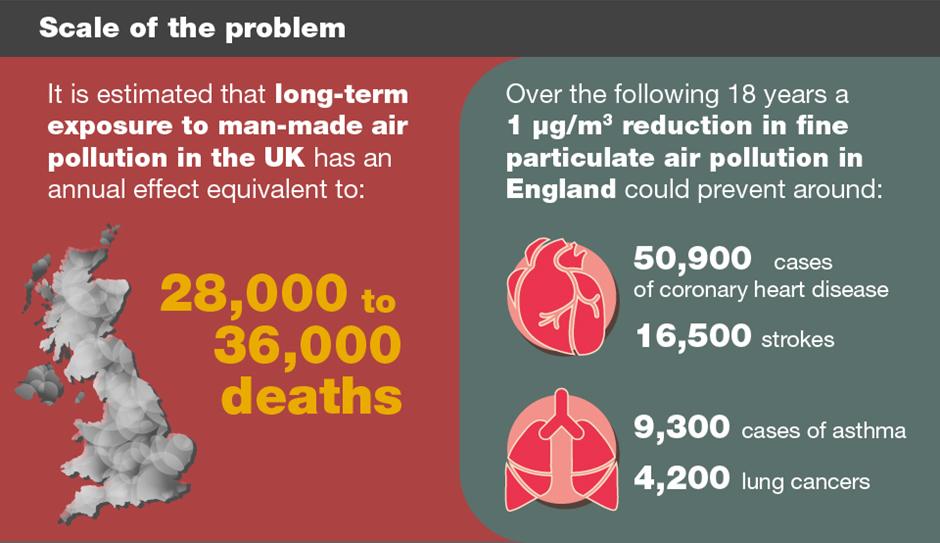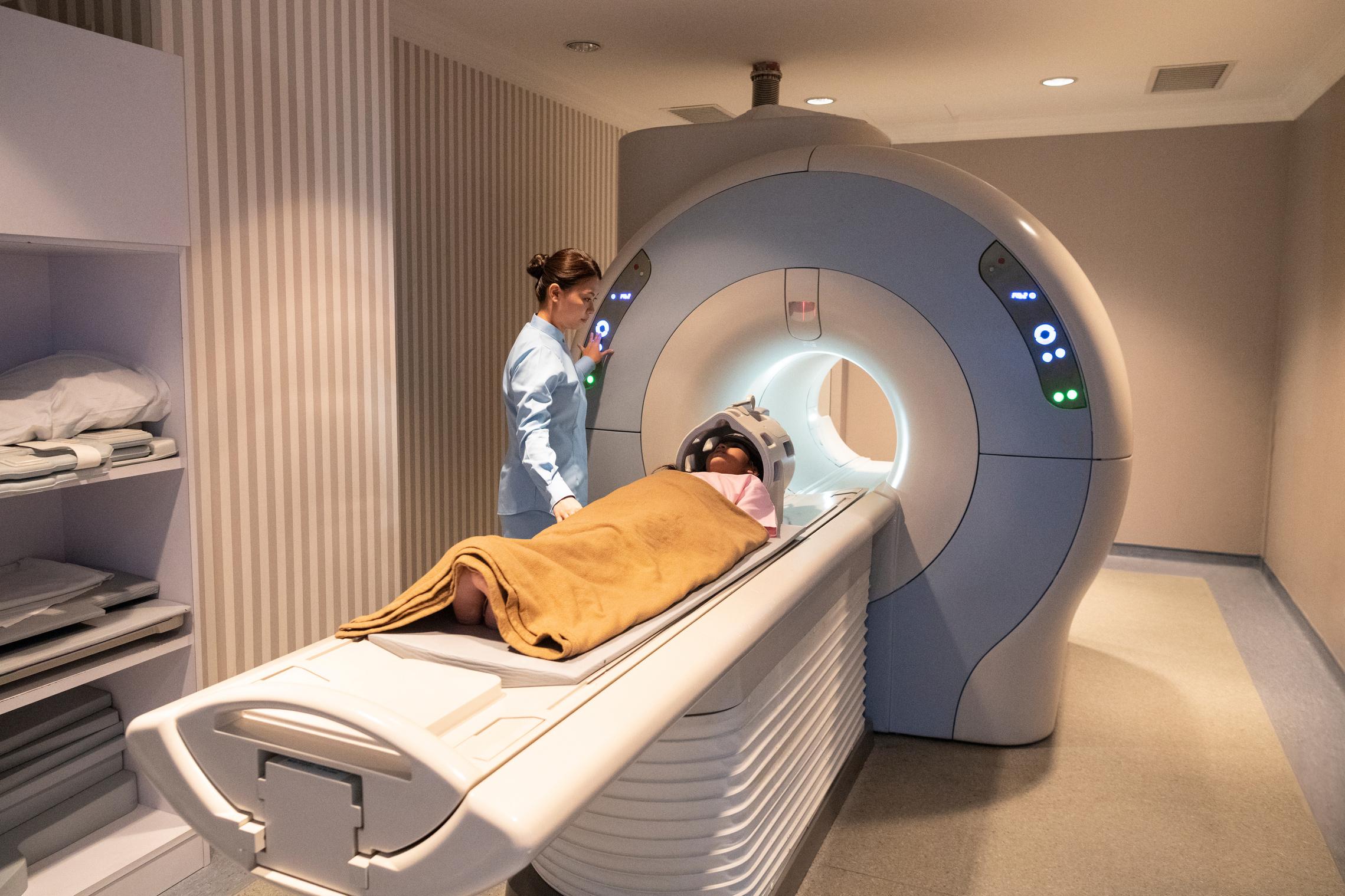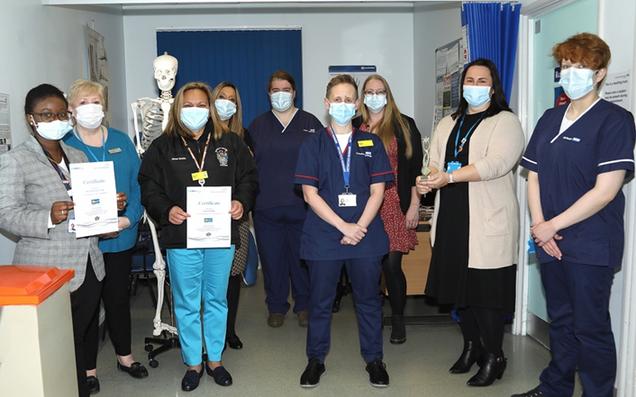
7 minute read
West Midlands - How are AHP's Embracing the Green Agenda and Sustainability
How are AHPs embracing the green agenda and sustainability?
Author:Dr Nicky Eddison and Dr Ros Leslie Trust: RWT

Poor air quality poses a significant environmental risk to public health in the UK. Long-term exposure to air pollution is linked to chronic conditions such as cardiovascular and respiratory diseases as well as lung cancer, leading to reduced life expectancy. Similarly, the World Health Organization (WHO) provides evidence of links between exposure to air pollution and type 2 diabetes, obesity, systemic inflammation, Alzheimer’s disease and dementia. Thus, air pollution adds increased pressure on the NHS and health services across the globe.

Recently released air quality guidelines indicate that most people live in areas with poor air quality. Significant changes are required to ensure the UK meets these standards and in doing so reduces the 40,000 premature deaths each year in the UK due to air pollution4. Achieving NET Zero targets and becoming a more sustainable environment is a key NHS target5, including the reduction of face-to-face outpatient appointments by one-third within the next five years.
October 2022





Figure 1: The impact of air pollution1
October 2022



The orthotics service
The orthotics service at the Royal Wolverhampton NHS Trust (RWT) set out to adapt to the restrictions imposed by the COVID-19 pandemic whilst ensuring any changes met the goal of becoming a more sustainable, environmentally friendly service.
During March 2020 and September 2021, the introduction of telehealth consultations, that is a consultation carried out via a video call, saw a reduction of 53% of patients attending the department in person. This change in how select consultations were carried out resulted in a saving of 151,913 miles of patient travel to and from the hospital, which equates to a reduction of 28 tonnes CO2 emissions in the local area. To put it into perspective this is the equivalent miles it takes to travel around the world just over 6 times and would take 14.7 hectares of forest a year to capture that amount of CO2 (see figure 2).
The impact of this change is considerable when you consider the relatively small size of the orthotics service compared to other outpatient services in the NHS and highlights the impact smaller services can have on the carbon footprint of the NHS.

October 2022





Figure 2: Benefit based on the avoidance of 12,153 face-to-face appointments
October 2022



The physiotherapy service A Freedom of Information request revealed that almost 80 per cent of mobility aids, such as walking sticks and crutches, are never returned to the NHS by patients. Statistics from 66 NHS Trusts in England revealed that over £14 million was spent on almost 560,000 walking aids over a 5-year period and 241,779 were never returned.The RWT are contributing to NHS England’s ‘Return and Reuse’ scheme for walking aids during 19 – 25 September 2022, in partnership with WRAP’s national Recycle Week. The RWT continues to encourage the return of metal walking sticks, crutches and frames and is refurbishing anything that is deemed safe to be reused within the NHS or elsewhere through donations to charities.
Medical Aid International is a company that works to improve healthcare across the developing world by supplying medical equipment and accessories. They are working with the physiotherapy department at the RWT to recycle and repair returned walking aids and will arrange for them to be delivered to low to middle-income countries safely, quickly and with the correct paperwork.

October 2022

The radiology service
Our diagnostic radiology department has recently installed a new MRI scanner which has “BlueSeal technology” , it contains virtually no helium. A traditional scanner uses liquid helium to chill the magnet to -269oC. This is what makes it superconducting and allows it to be super strong (It’s also what makes MRI scanners dangerous as you cannot turn a superconducting magnet off).


Helium reserves are running low and MRI scanners account for 20% of the helium consumption, it is therefore important to ensure we conserve stocks. Also, it takes a lot of energy to keep that helium compressed and in a cool liquid state. It wants to be a gas at room temperature and if that was allowed to happen, it would generate a huge plume of white helium smoke which would be emitted into the environment. The Trust’s new BlueSeal scanner has new micro cooling technology which makes it virtually helium free. This means it consumes a lot less energy to keep it at an optimal temperature as there is much less helium to cool.


October 2022





October 2022


All the initiatives discussed contribute to the Trust’s Green Plan (2020-25) which focuses on how the workforce can continue to provide high-quality care for patients, while at the same time protecting our local environment and communities. The plan looks to review services and our use of resources to reduce carbon emissions and slow global warming. The RWT aims to become a sustainable Trust by using resources efficiently and responsibly within energy, water, waste, travel, procurement, and buildings. Whilst planning future service developments and new technologies there will be due consideration of the environmental impact of products, buildings, and services.

Action from the entire AHP community will ensure we collectively achieve the ambitions of improving health, saving money, and preserving the planet. The recently published AHP strategy for England9 has environmental sustainability: and greener AHPs as one of its areas of focus. With the ambition to embed new ways of working by building net-zero into everything AHPs do including encouraging AHP services to Include net zero as a fundamental design principle in models of care. To achieve this, all AHPs will need a good understanding of the net-zero agenda, and it will form a crucial part of their competencies.

October 2022


Award winners
The orthotics service was the 2021 winner of the Fab Change Sustainability Award and has been shortlisted for the Chief Allied Health Professions Officer’s Going Green award 2022.
“The orthotics team receiving their sustainability award: (Left to right: Ndana Mupawaenda, Lyn Wesley, Janet Smith, Sudi Nayyar, Miriam Williams, Nicky Eddison, Rachel Irwin, Kate Pugh, and Jo Billin – Team members absent from the photo: Amie Dawson, Lisa Jones, Sharon Scott, Andy Parkes and Chris Bowdler).



October 2022











